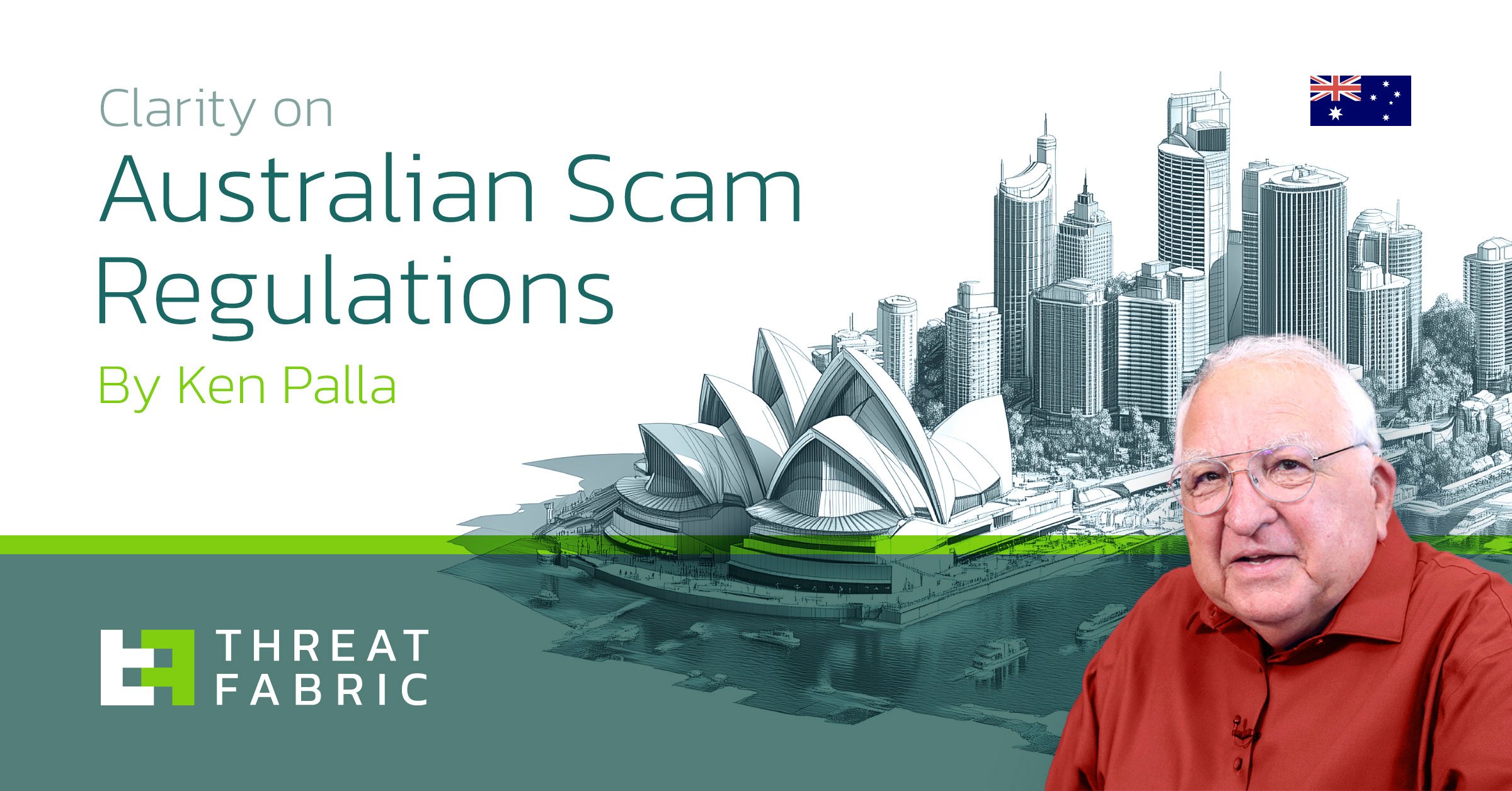Clarity on Australian Scam Regulations
15 October 2024

Jump to
Consumer Protection laws and regulations pop up in multiple geographical regions. In Australia, this process currently passed a consultation round. Ken Palla summarizes the specifics of the Australian approach, how telcos and Big Tech fit in, and the differences between the UK Mandatory Reimbursement law.
Very Short Summary
In September 2024, the Australian Government introduced the Scam Prevention Framework (SPF) to combat financial scams through mandatory controls for financial institutions, telecommunications providers, and digital platform services. This legislation, which amends the Competition and Consumer Act of 2010, mandates these sectors to implement specific scam prevention measures. Non-compliance can result in fines up to AU$ 50 million or 30% of turnover, and victims may seek reimbursement if proper controls are not in place. Unlike the UK, Australia’s framework involves multiple sectors to ensure comprehensive scam prevention. The initiative builds on existing measures like the “Safe-Scam Accord” and the “Reducing Scam Calls and SMS Code”, aiming to reduce financial losses from scams significantly.
What You Will Learn
- Overview of the Scam Prevention Framework (SPF)
- Mandatory participation and controls for key business sectors
- Penalties for non-compliance and victim reimbursement process
- Comparison with the UK’s scam prevention approach
- Existing scam prevention measures in Australia
- Impact on reducing financial scams and consumer losses
About Ken Palla

Ken is a seasoned banking veteran with over three decades of experience in the financial sector. As a former Director at MUFG Union Bank, Ken has been at the forefront of online security and fraud prevention. He played a pivotal role in shaping US regulations, significantly enhancing online security for U.S. banks. Ken’s expertise is further recognized through his advisory roles with the RSA eFraud Global Forum and his contributions to the annual RSA Conference. His accolades include the “Legends of Fraud Award” at FraudCON 2019.
